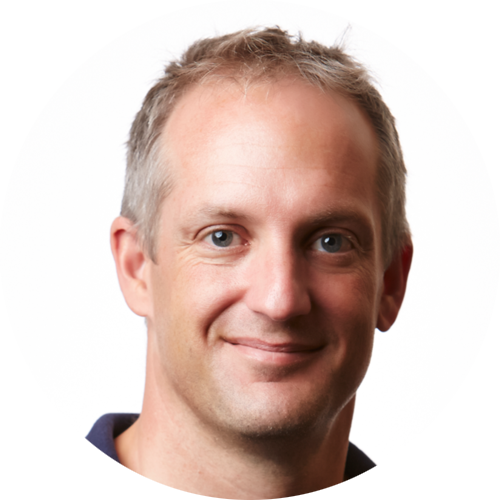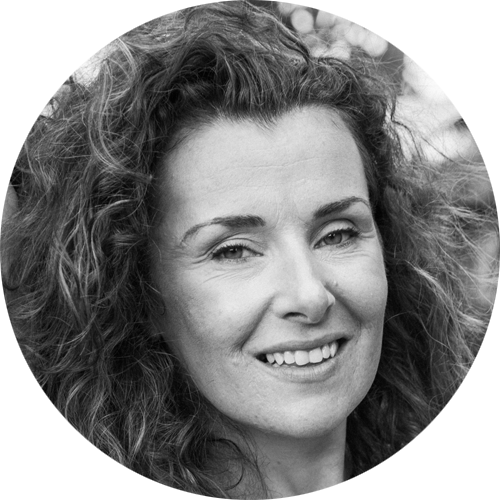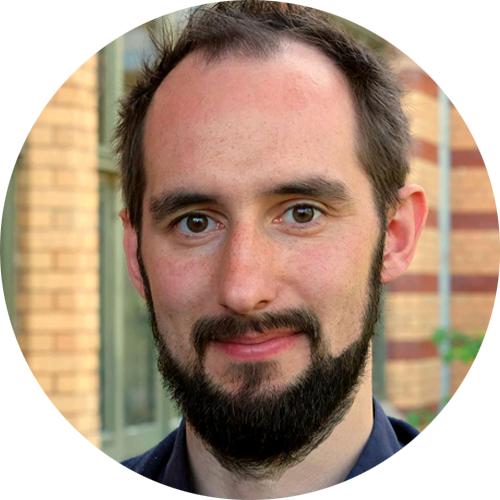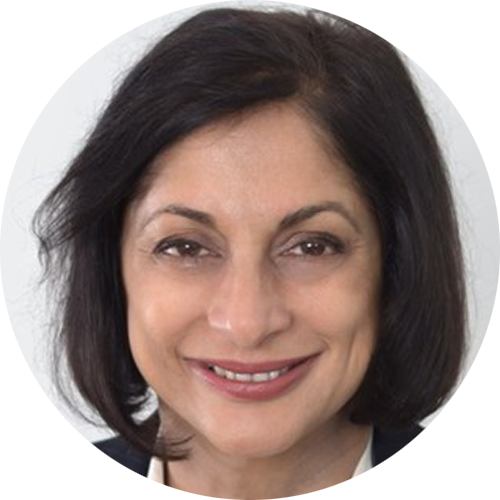The Role of Data Science II: Cross-Cutting Challenges: Data Availability
On the backdrop of the previous discussions of what data science can do in order to predict climate-related human insecurity and conflict, this panel will cover data availability as the bottleneck of every model.
When it comes to data availability, the restricting factors are limited coverage, especially at subnational level, or insufficient quality of the already existing data, or a lack of standardization. So how can we overcome the streetlight effect of over-/underrepresentation of specific regions, such as in fragile conflicts? And in which way can the already existing data be ground-truthed by qualitative research and societal input?
Drawing from the input of diverse approaches in overcoming data gaps, the panellists will discuss where the potentials lie in improving data coverage and access. These include not only increased localized coding in order to better account for the transnational effects of climate change, but also the use of satellite imagery and geospatial data for prediction models. The discussion will also outline future avenues of data development yet to be pushed further, which affects the basis on which human security can be pursued.

Prof. Jon Barnett
Jon is Professor and Australian Research Council Laureate Fellow in the School of Geography at Melbourne University. He is a political geographer whose research investigates social impacts and responses to environmental change. He has twenty years of experience conducting field-based research in Pacific Island Countries, and in Australia, China and Timor-Leste. Jon's research has helped explain the impacts of climate change on cultures, food security, inequality, instability, migration, and water security, and ways in which adaptation can promote social justice and peace. Jon leads the Australian Research Council funded Future Islands project (2019-2024). This is a social science research project that seeks to provide new evidence and ideas to inform policies and practices that enable people to lead dignified lives on their islands long into the future.

Dr. Chris Funk
Director, Climate Hazards Center (CHC)
Chris Funk is Director of the Climate Hazards Center (CHC) at the University of California, Santa Barbara. He works with an international team of Earth scientists to inform weather and famine-related disaster responses, with particular attention to drought. Chris studies climate and climate change while also developing improved data sets and monitoring/prediction systems. He has led the development of the widely used Climate Hazards InfraRed Precipitation with Stations (CHIRPS) rainfall archive and the newer Climate Hazards InfraRed Temperature with Stations (CHIRTS) product. Chris has been an author or co-author on about 180 publications. In 2020 Chris and Shraddhandand Shukla published a book on Drought Early Warning and Forecasting. In 2021 Chris published: Drought, Flood, Fire: How Climate Change Contributes to Recent Catastrophes, with Cambridge University Press. While his research interests are quite diverse, a central theme uniting Chris’ work is developing both the technical/scientific resources and the conceptual frameworks that will help us cope with increasingly dangerous climate and weather extremes.

Prof. Clionadh Raleigh
Executive Director ACLED
Prof. Clionadh Raleigh is the Executive Director of ACLED. She is also Senior Professor of Political Violence and Geography in the School of Global Studies at the University of Sussex. Her primary research interests are the dynamics of conflict and violence, African political environments, and elite networks.

Prof. Dr. Christoph Gornott
Working Group Leader
Professor Dr. Christoph Gornott is an agricultural scientist, leader of the working group Adaptation in Agricultural Systems at the Potsdam Institute for Climate Impact Research (PIK) and chair of the department Agroecosystem Analysis and Modelling at the University of Kassel. He conducts interdisciplinary research aiming to improve food security and resilience in tropical agricultural systems and investigates climate impacts on agriculture and strategies of how the agricultural sector can respond to changing climatic conditions. His research evolves Early Warning Systems and anticipating of climate risks with a particular focus on crop yield forecasting and climate adaptation evaluation for sub-Saharan Africa. Christoph Gornott has attracted and is leading more than 35 research and development projects and works closely with a diverse set of institutions active in international development cooperation and other relevant stakeholders. He studied agricultural economics and agricultural sciences at Humboldt University in Berlin.

Ms. Anya Sitaram
Moderator
Anya Sitaram is a documentary producer, communications consultant and professional conference moderator specialising in health, science and international development. A former Health and Science correspondent and BBC World News anchor, Anya now runs Rockhopper Media (www.rockhopper.media) an award winning television and film production company. Anya has overseen scores of documentaries which have run on channels around the world including BBC World News, PBS, Discovery, Nat Geo and Al Jazeera among others. Anya began her career as a BBC trainee before becoming ITN Health and Science Correspondent and later a presenter on the BBC’s flagship science programme Tomorrow’s World.